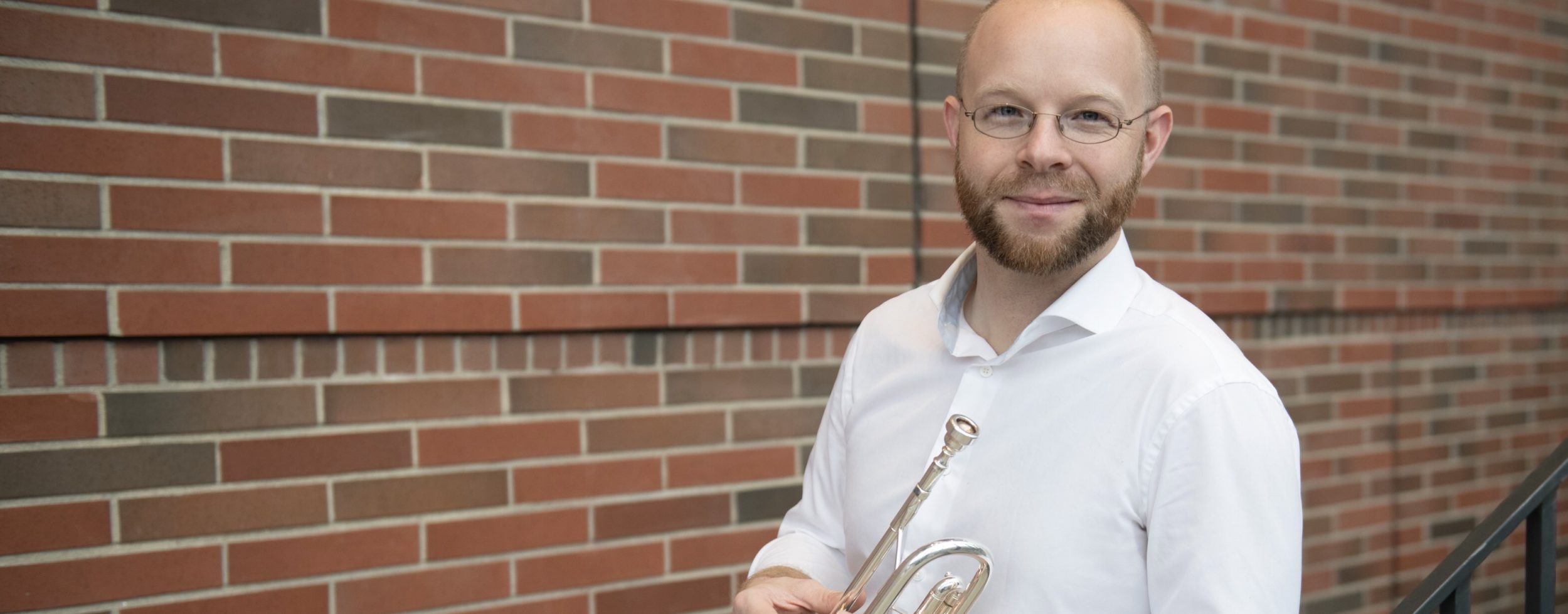I’ve been thinking a lot about what it is to be a truly professional teacher and player, vs a part-timer, student, amateur, or somewhere else on the spectrum between casual enthusiast and top tier practitioner. In the book “War of Art,” Steven Pressfield talks about the difference between professional and amateur ‘weekend warriors’ at length. He doesn’t so much define it as speak about some of the attributes that these people often possess. For instance, professionals love what they do, because they have to. Of course amateurs do as well, but professionals love it enough that they will do it by choice every day, even if they don’t necessarily want to. There is an element of “showing up” no matter what. Professionals go to work, rather than work coming to them. That resonated with me, because I have often tried to reimagine my life doing some other job. I had brief flirtations with business/accounting, administration, came dangerously close to starting my own “world class” music school (as my business partner and I saw it, anyway), and even flirted with going into the CIA! Every time, I have “failed,” because every time I have attempted to imagine my life going some other direction, I have failed to commit to shifting to the degree I believe I would have had to in order to be successful. It isn’t clear whether this is a choice, or on some level I know that I cannot quit being a musician because it is who I am in my deepest core.
I think that is in part what makes me a professional. Some days it is depressing how mediocre I am at 99% of things, and every once in a while I am also a little bit uplifted knowing that I am doing what Murphy’s Law probably has predestined me to do. There is simply no alternative for me. I can say pretty definitively that you do not want me doing your taxes or teaching your kids math. So if I am not invested as player and teacher, well, I am wasting your oxygen. Of course I enjoy the investment, but there is definitely an element of desperation as well. There’s no net. I simply must be good, or I will fail.
Okay, that might be a little dramatic. But I do think this means I am dealing with live fire, and over the years I’ve gotten good at it. Thankfully enough people agree and value my time such that they are willing to perhaps pay a little more. And there is an unequivocal competitive element to my success. I have auditioned for and bested a number of other highly qualified performers for spots in orchestras and teaching positions, and continue to routinely place among the best in the country in blind auditions. Does that make me “better?” Maybe not, I think the consistency speaks to my qualifications and the potential market value of my services. Am I right for every student? Definitely not. I sometimes get people who ask me about my range or endurance and are disappointed with the timetable I articulate. There might be quick fixes out there to these and other things, but if that is what they are looking for, I am probably not their guy. I am really into doing it right, and doing it for sustainable growth. If you want to use your tongue as your bottom lip, well, good luck (and I mean that!). I am thankful to have enough inquiries that I do not have to try to make every student happy with quick fixes. I try to help, but I also know that my curriculum, while it requires some patience, is pretty darn good, and helpful to enough people that I do not really need to worry about those who do not have time or the inclination to commit to its merits.
Things brings me to my point. There is a lot of advice out there. Actually, an infinite amount. Everybody has it, and most people are perfectly happy to share it (whether you solicit them or not). The challenge becomes, which advice do we listen to? To be sure, you don’t have to listen to mine. In fact, I try to keep it to myself unless asked. I think that a professional usually actually tries not to share it unless someone is paying, or they are sure they have something quite specific, first-hand, and pertinent to add to a conversation (and that doing so would not be unwelcome). But advice is not created equal. Hot take: a true professional’s instruction is worth more than a non-professional. And what’s more, a professional can be somewhat selective about who receives their advice and how. I do not really feel compelled to “convince” anyone of my efficacy, because I know what works and I have seen it work. That doesn’t mean I don’t try and improve it, but most of what I work on improving is its delivery mechanism– the DNA is solid. Because a professional’s work has gone through a competitive market which has determined that it has a certain degree of value that makes it statistically better than other work. My students and I have an outsized rate of success, therefore I can be pretty sure about what I’m saying.
So when we are evaluating the value of advice, the issues outlined above might be a good place to start. Questions like, does this person make their living doing the things I want to improve upon? Does this person’s advice have real value on the market? While they might not directly affect the quality of the advice, it is a good place to start when determining how much weight to give a person’s input. Because there is a *lot* of well-meaning but ill advised information out there, and it is not going away any time soon.
